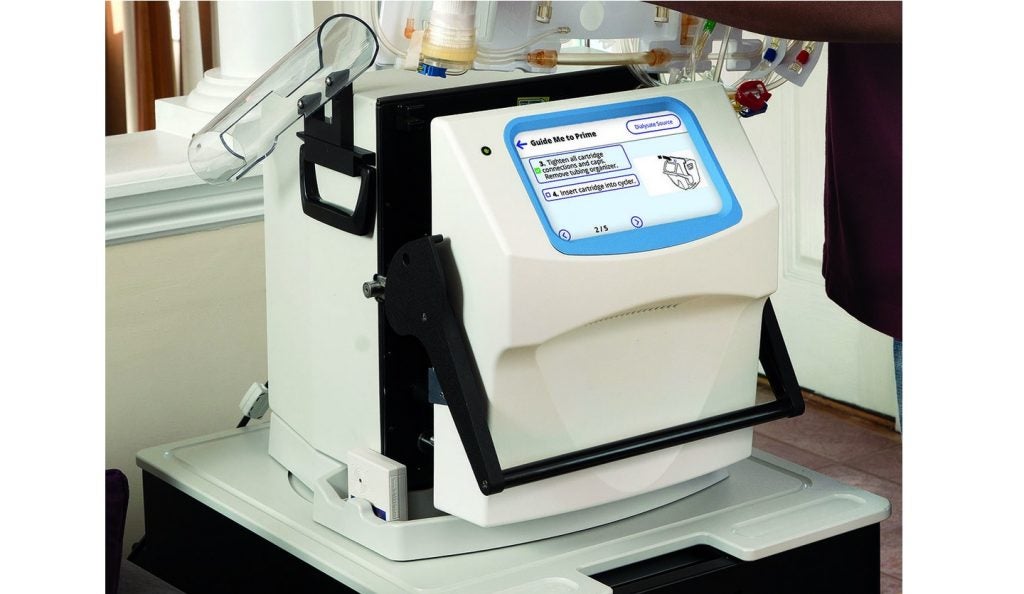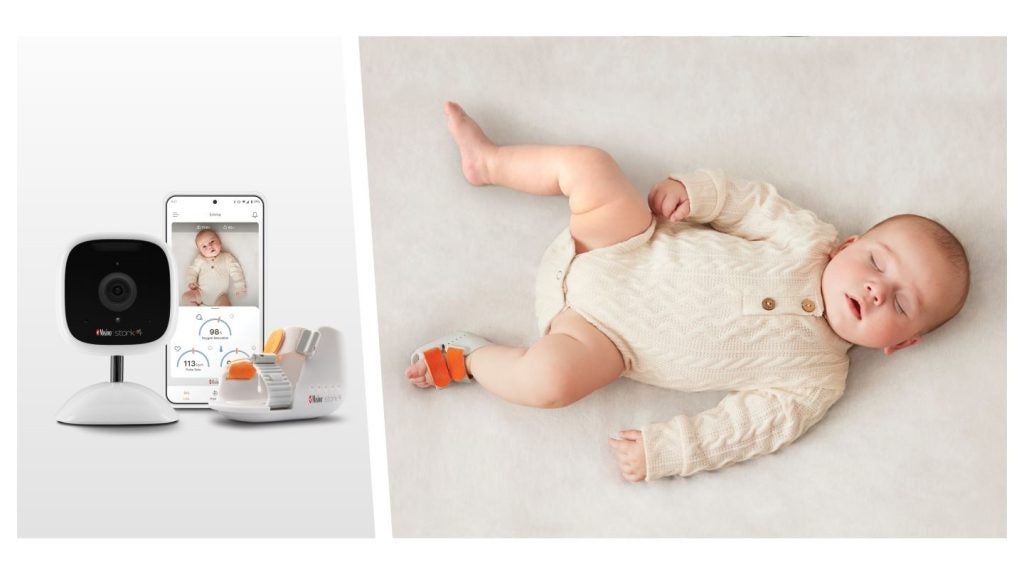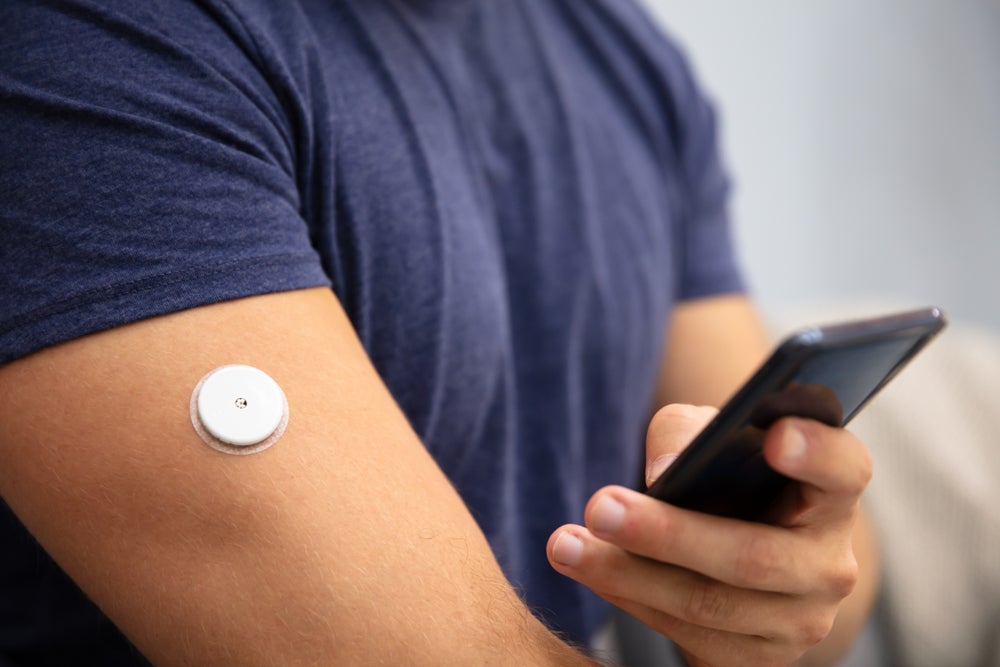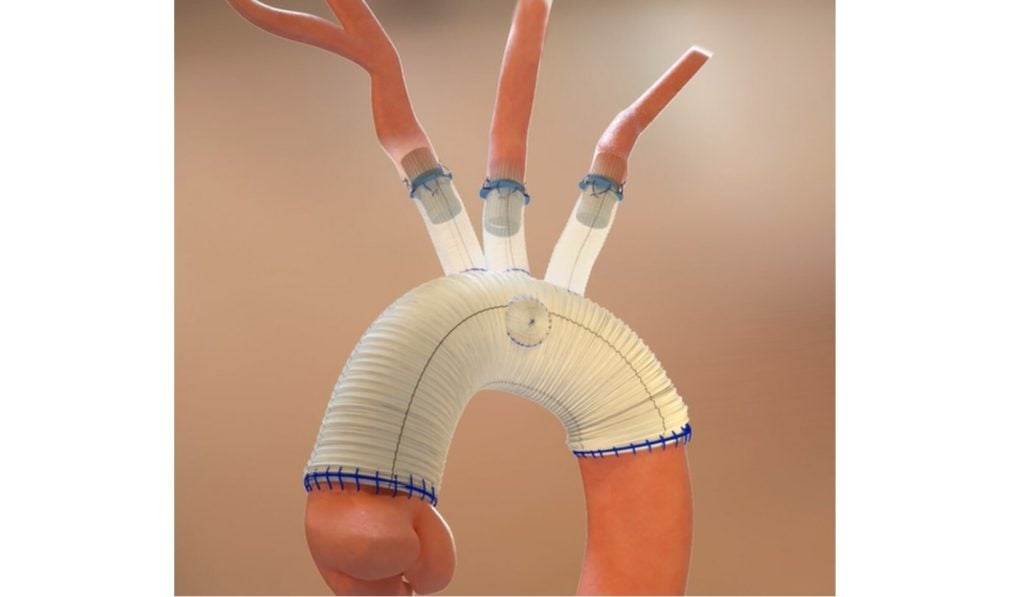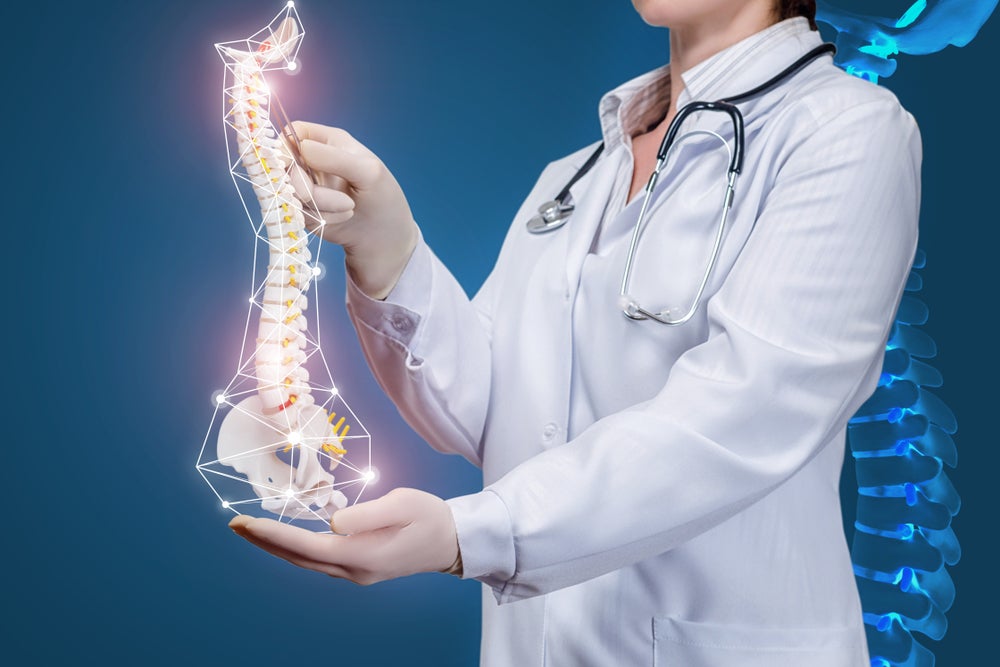Fresenius Medical Care has announced receipt of 510(k) clearance from the US Food and Drug Administration (FDA) for VersiHD with GuideMe Software.
The new self-guided interface has been developed to be used for the company's VersiHD chronic home hemodialysis system.
The software offers graphical walk-through guidance, which seeks to improve user-friendliness and boost confidence for both nurses and patients.
Its purpose is to enhance patient training time and ease the transition to home for patients, as well as enhance the training experience for new users.
Fresenius Medical Care's Care Enablement segment CEO Dr Katarzyna Mazur-Hofsäß said: “With over 13,000 HHD patients in the US alone, we are excited to amplify the innovation NxStage offers with advanced technologies, like VersiHD with GuideMe Software.
“We are committed to providing cutting-edge solutions to improve the health and well-being of dialysis patients by challenging the standard of home dialysis with the design of industry-leading products.”
The new software will be launched in specific markets these years. An option is provided to upgrade the existing VersiHD systems with the GuideMe Software.
Fresenius provides products and services for patients with renal diseases. It is a provider of dialysis products such as dialysis machines or dialysers.
Via its network of 4,050 dialysis clinics, Fresenius offers dialysis treatments for around 344,000 patients across the world.


